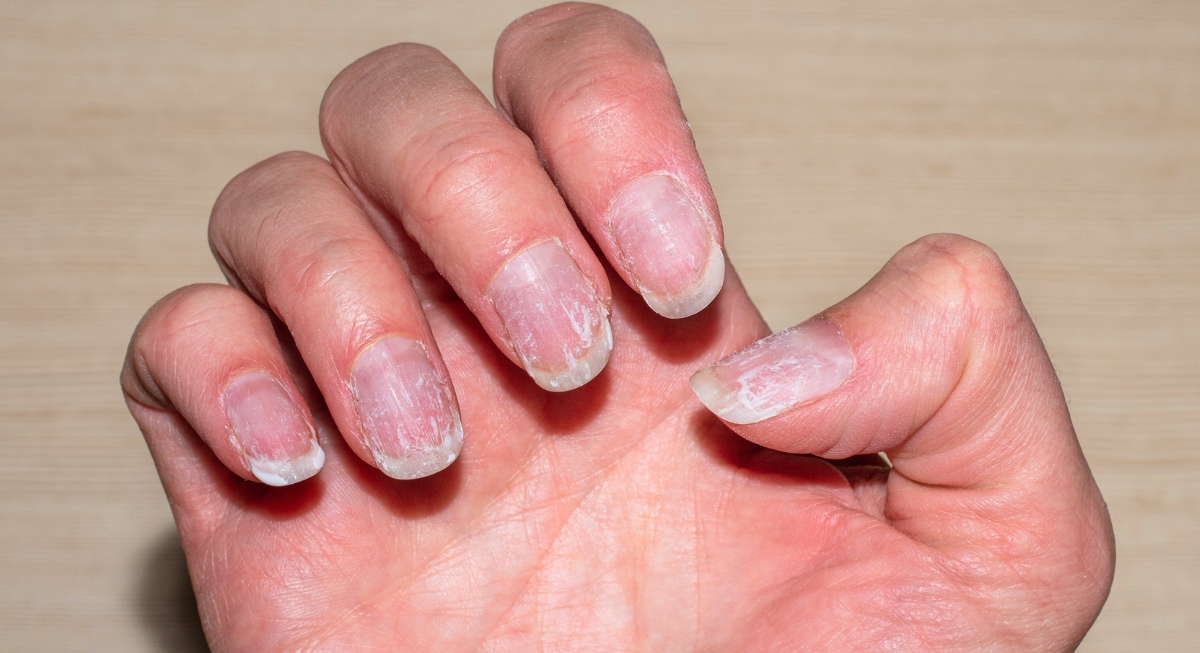There are hidden dangers in daily routines we take for granted. So, let's delve into the subtle ways in which seemingly harmless activities could compromise your health and shorten your life, offering invaluable insights for those keen on improving their longevity.
Sitting on Your Wallet

Credit: freepik
Often overlooked, sitting on your wallet can lead to severe back pain and nerve irritation. Health experts advise against this common habit, dubbed "fat wallet syndrome," encouraging everyone to prioritize their posture and spinal health by making simple adjustments.
Using Hand Dryers
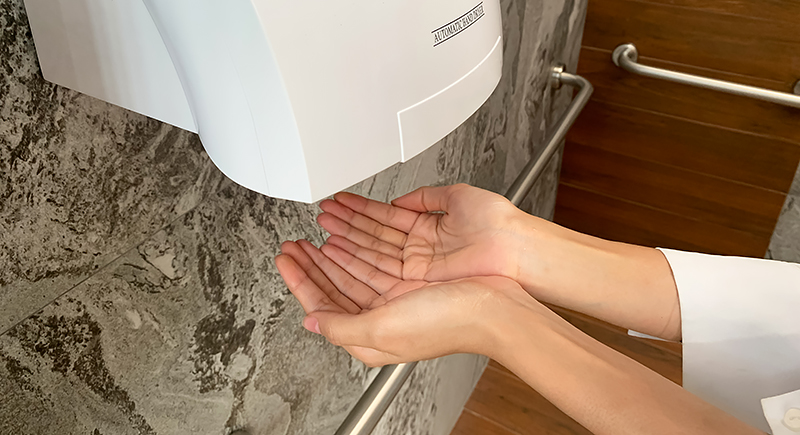
Credit: iStockphoto
Hand dryers, though eco-friendly, have been found to spread harmful bacteria onto your hands, according to recent research. This revelation suggests reevaluating their use in public restrooms and considering alternative methods to dry hands that don't compromise hygiene.
Eating Before Bed

Credit: freepik
Snacking before bedtime is a habit that many find hard to break. However, doctors warn that it can cause acid reflux, disrupt sleep, and negatively impact overall health, highlighting the importance of resting your digestive system before bed.
Sleeping in Contacts
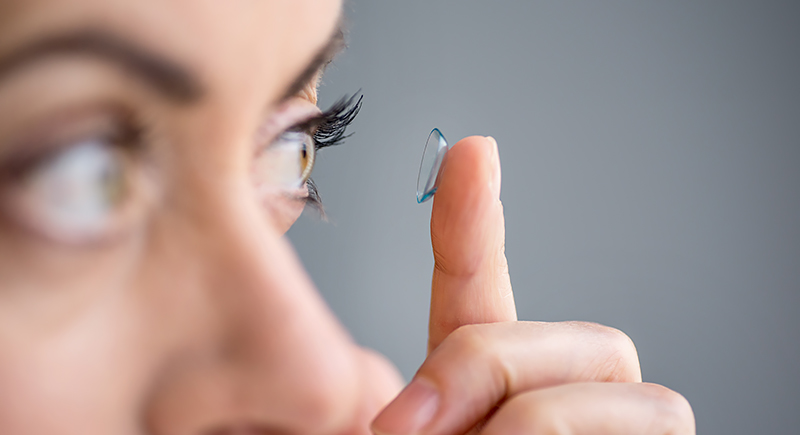
Credit: iStockphoto
The risk of eye infections and potential vision loss significantly outweighs the convenience of sleeping in contact lenses. Eye care specialists strongly discourage this practice, recommending the removal of contacts before sleeping to protect your vision.
Skipping Face Washing

Credit: freepik
Dermatologists emphasize the necessity of cleansing your face nightly. Removing dirt and makeup before bed is crucial for preventing skin issues and maintaining a healthy complexion, reinforcing the value of this nightly routine.
Hot Water Handwashing
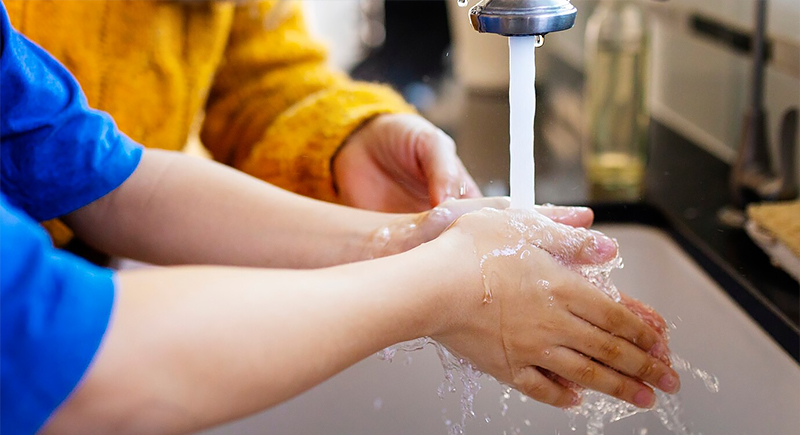
Credit: freepik
Using extremely hot water for handwashing can strip the skin of essential natural oils, dermatologists caution. This practice can lead to dry skin and disrupt the skin's natural barrier, advising the use of lukewarm water instead.
Nail Polish Without Ventilation
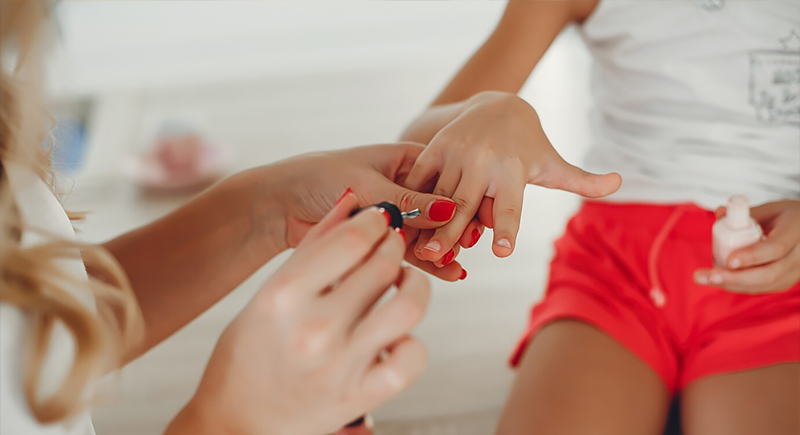
Credit: freepik
Environmental health specialists warn that exposure to the toxic fumes from nail polish can pose significant health risks. They recommend choosing safer nail products and ensuring proper ventilation during use to minimize exposure to harmful chemicals.
Frequent Eating Out

Credit: freepik
According to nutrition experts, preparing meals at home with fresh ingredients is not only healthier but also reduces exposure to potentially harmful chemicals found in fast food packaging. This habit can significantly decrease the intake of unhealthy substances, benefiting your health in the long run.
Incorrect Pre-Exercise Stretching

Credit: freepik
Fitness experts note that engaging in static stretches before exercising is a common mistake. They advocate for dynamic stretches as a safer and more effective way to prepare your body for physical activity and prevent injuries.
Using the Same Cutting Board

Credit: freepik
Use separate cutting boards for your meat and vegetables to avoid cross-contamination and foodborne illnesses. This straightforward advice from food safety experts can significantly reduce the risk of disease, underscoring the importance of kitchen hygiene.
Room Temperature Defrosting

Credit: iStockphoto
Defrosting food at room temperature can lead to bacterial growth, making it a risky practice. Food safety authorities recommend safer defrosting methods to ensure food remains safe to eat, stressing the importance of proper food handling.
Excessive Smartphone Use

Credit: freepik
The adverse effects of smartphone addiction on mental and physical health are increasingly recognized. Mental health professionals encourage moderation in smartphone use to improve wellbeing, pointing out the importance of disconnecting for mental health.
Holding in Flatulence

Credit: iStockphoto
Suppressing the natural release of gas can lead to discomfort and gastrointestinal issues. Research suggests that releasing gas when needed is essential for digestive health, challenging societal norms and emphasizing the natural aspects of bodily functions.
Ignoring Bathroom Hygiene

Credit: freepik
We cannot overstate the importance of thorough handwashing and face cleansing in maintaining health. Health experts stress these practices as fundamental to removing germs and preventing skin problems, highlighting the role of good hygiene in overall wellness.
Overlooking Mental Health

Credit: freepik
The profound impact of mental health on overall well-being and lifespan is increasingly acknowledged. Addressing mental health concerns such as stress and loneliness is deemed essential by health professionals for fostering a healthier mind and body, underscoring the interconnectedness of mental and physical health.


